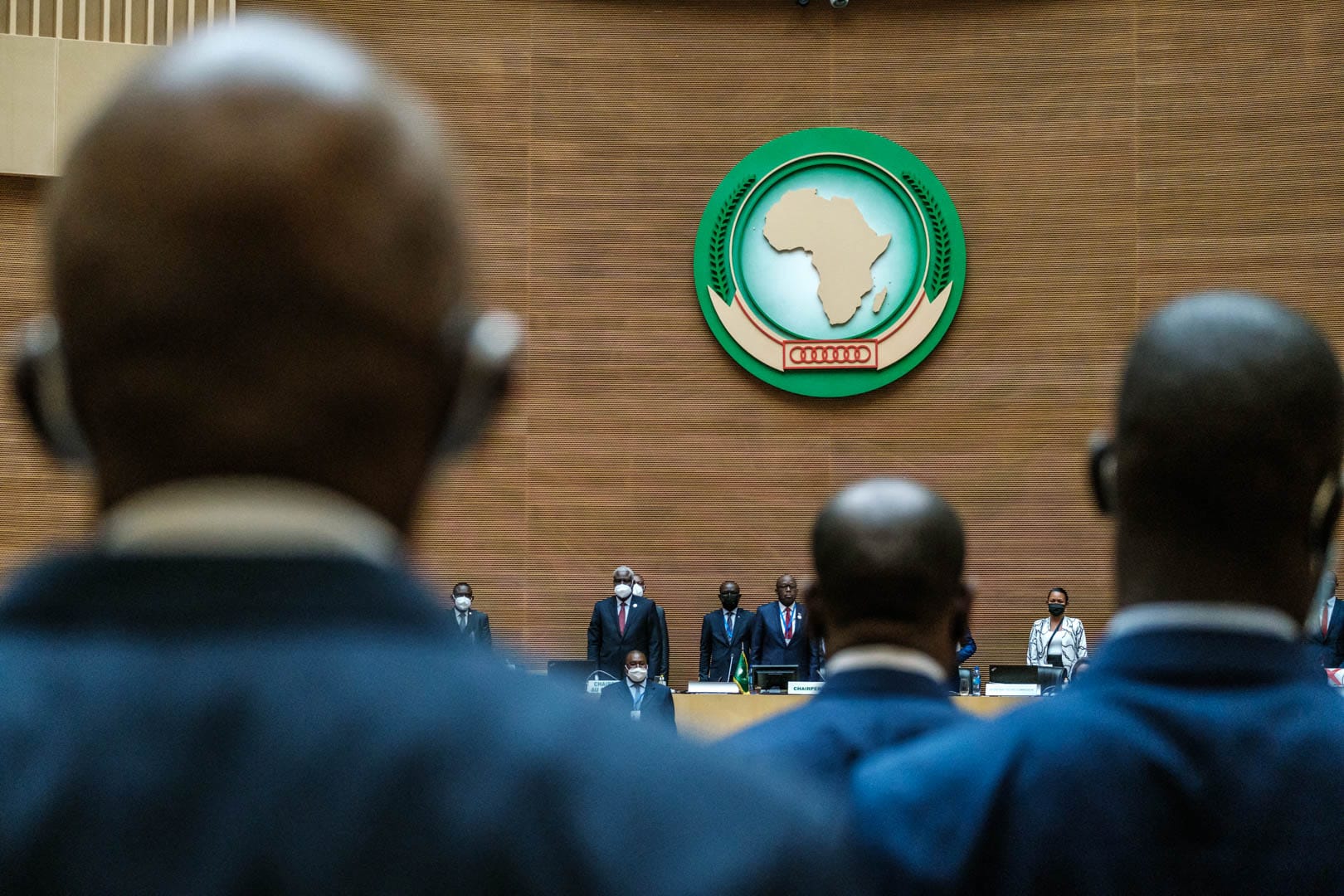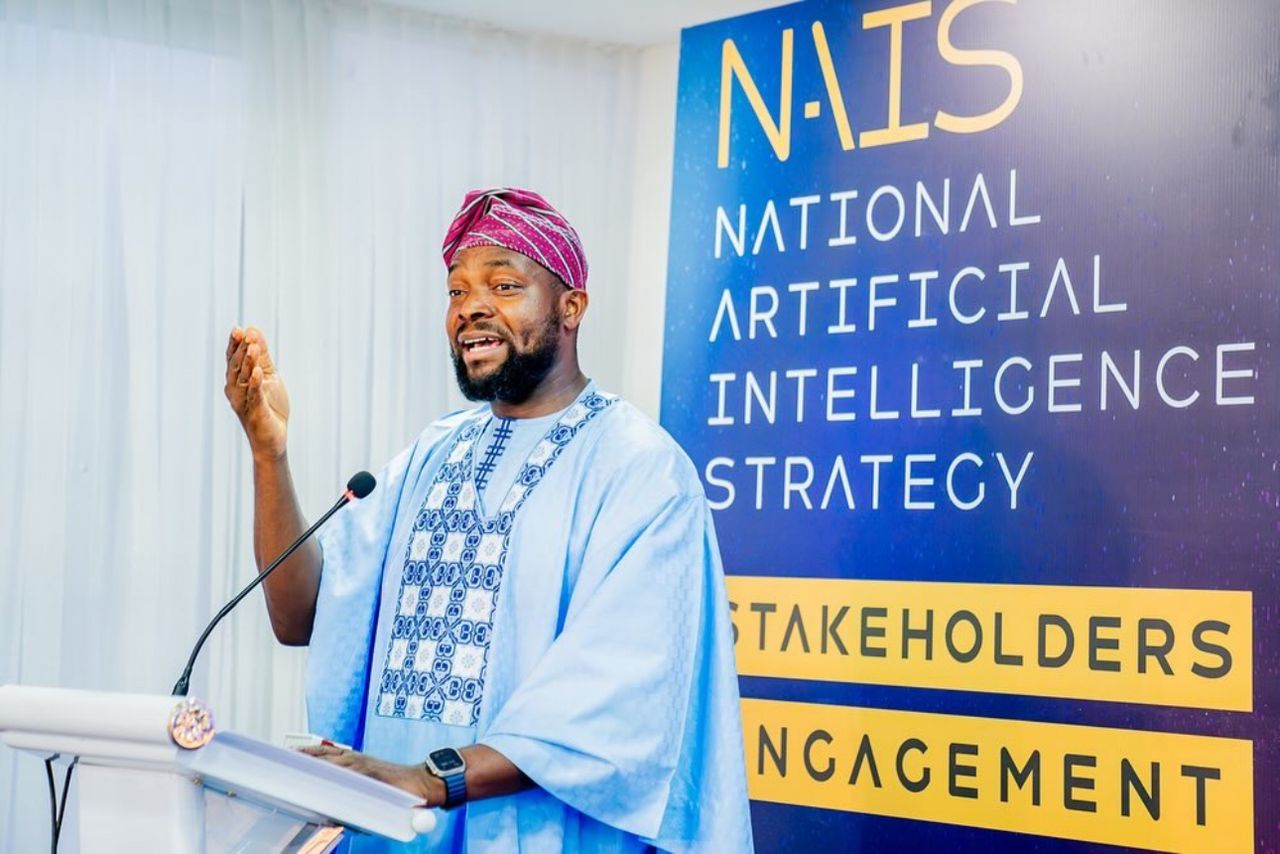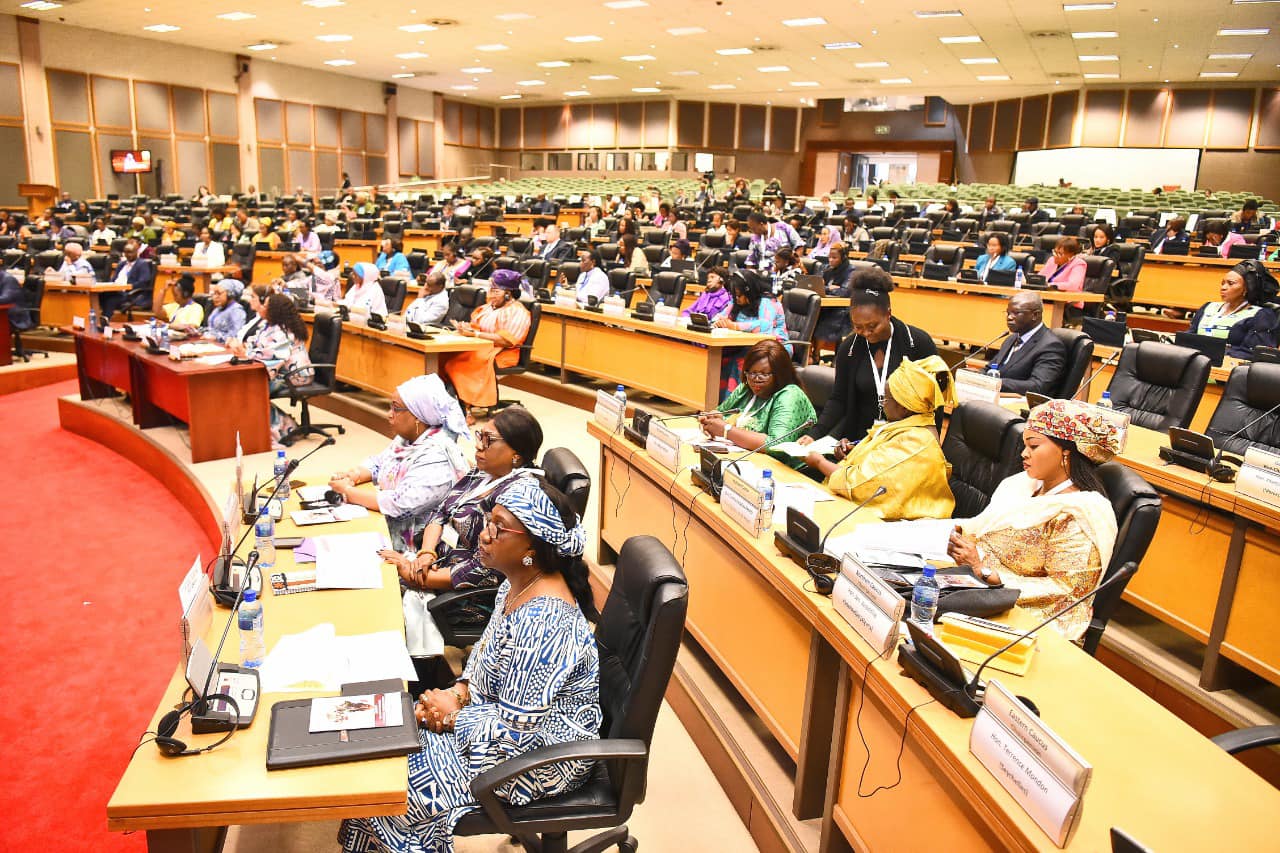As the world charges headfirst into an AI-powered era, Africa stands at a critical crossroads. The choices made today about artificial intelligence infrastructure and governance will define the continent’s economic trajectory, social fabric, and geopolitical influence for decades to come. Yet, despite the continent’s shared challenges and immense digital potential, African governments remain fragmented in their approach to AI.
This has to change—and fast.
Why Unity? Because AI Is Too Big and Too Complex for Lone Wolves
Artificial intelligence is not merely another technology; it’s a force multiplier reshaping industries, governments, and societies globally. For Africa, with its youthful population, vast natural resources, and rapidly growing digital economy, AI offers an unprecedented opportunity to leapfrog old development paradigms.
But AI requires scale—massive data lakes, powerful computing infrastructure, and consistent, harmonized regulatory environments. Individual countries, many still grappling with basic ICT infrastructure, simply cannot afford to build these in silos. Fragmentation breeds inefficiency, duplication, and missed opportunities.
Shared Infrastructure: Stretching Resources, Amplifying Impact
A unified approach lets Africa pool investment to build robust AI infrastructure—continental data centers, standardized cloud platforms, and AI research hubs—that serve multiple nations, lowering costs and accelerating innovation.
Cross-border data flows and AI-powered services will only thrive if there is regulatory alignment, clear data protection laws, and ethical frameworks that protect citizens without stifling creativity. Without cooperation, Africa risks becoming a patchwork of conflicting laws and digital enclaves—an unattractive environment for local and foreign investments in AI.
Governance: The Key to Trust and Inclusivity
AI is not a neutral tool. It can exacerbate inequalities, entrench biases, and threaten privacy if unchecked. African governments need a shared governance framework that embeds ethical AI principles which respect human rights, cultural diversity, and equitable access.
This framework cannot be imposed top-down but co-created across borders with input from governments, industry, academia, and civil society. Doing so will build African AI systems that reflect African values and priorities, rather than blindly imported Western or Eastern models.
Harnessing Collective Strength
A united Africa on AI infrastructure and governance also means greater bargaining power on the global stage. It amplifies Africa’s voice in international AI forums, ensuring the continent’s interests are represented in standards-setting, trade negotiations, and development partnerships.
The African Union’s recent efforts provide a promising roadmap, but member states must move beyond declarations to concrete action: establishing a Pan-African AI Commission, harmonizing AI regulations, and co-investing in AI R&D.
The Time to Act Is Now
The AI race is accelerating—with winners poised to dominate global economics and geopolitics. Africa cannot afford to be bystanders or fragmented players. By uniting on AI infrastructure and governance, African governments can catalyze innovation, safeguard citizens, and secure a prosperous, sovereign future for the continent.
The clock is ticking. African unity on AI isn’t just beneficial—it’s imperative. The future is AI-driven. The future is African. Let’s build it together.




